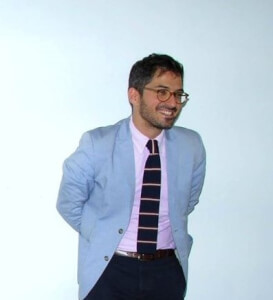Since antiquity, the Individual is defined philosophically, legally and psychologically as an entity and subjectivity that is distinctively separate from the rest, and indivisible from itself. As the relations and social institutions that constitute the individual and those that are formed around it are changing, there has been throughout history a constant struggle as to the gender, class, race and ethnicity of those recognized as individuals. True transgression and taboo has been the dissemination of the individual. The dividual denotes a broad set of subjectivities that are divided and at the same time are always in relation to others. With the second digital revolution, we are now faced with subjectivities that are divided from themselves online and offline and at the same time come to life through networks and constellations. As much as the dividual is a product of our networked computer reality today, it also precedes the individual, as it hints on nomadic, shared, and communal social existence.
In this paper, I will present the dividual it intertwines the hybrid with the disseminated, the distributed with the connected. Focusing mainly on Soviet contributions to the formulation of this emerging collective subjectivity I will discuss its manifestations in art, theatre, film, literature and politics. I will discuss the work of artists like El Lissizky (1890-1941), dramaturges such as Sergei Tretyakov (1892-1937), the legacy of Bolshevik polymath Aleksander Bogdanov (1873-1928) and his organizational science of Tektology, to Platon Kerzhentsev (1881-1940) and the Soviet science of management he developed which suggested a scale between the person and the collective, to Sergei Eisenstein (1898-1948) and his films which depict a perspective between the individual and the mass, to Andrei Platonov (1899-1951) and his 1920s novel Chevengur (published posthumously in 1972), which presents a mass of connected bodies as an entity that makes for the founsation of the social (In a letter to Maxim Gorky from 1928 Platonov describes the novel as an “honest attempt to portray the beginning of communist society."), to Neo-Leninist philosopher Evald Ilyankov (1924-1979) who conceptualized the distribution of the senses onto society and mapped a social history of the senses, while working with deaf-blind children.
Back






